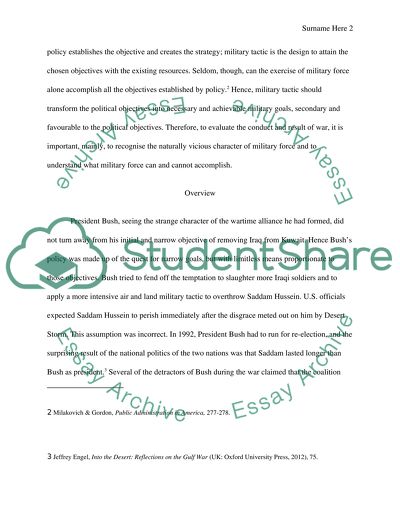Cite this document
(“War as a Strategic Tool of Policy/ To what extent did the outcome of Essay”, n.d.)
Retrieved from https://studentshare.org/military/1487655-war-as-a-strategic-tool-of-policy-to-what-extent
Retrieved from https://studentshare.org/military/1487655-war-as-a-strategic-tool-of-policy-to-what-extent
(War As a Strategic Tool of Policy/ To What Extent Did the Outcome of Essay)
https://studentshare.org/military/1487655-war-as-a-strategic-tool-of-policy-to-what-extent.
https://studentshare.org/military/1487655-war-as-a-strategic-tool-of-policy-to-what-extent.
“War As a Strategic Tool of Policy/ To What Extent Did the Outcome of Essay”, n.d. https://studentshare.org/military/1487655-war-as-a-strategic-tool-of-policy-to-what-extent.


